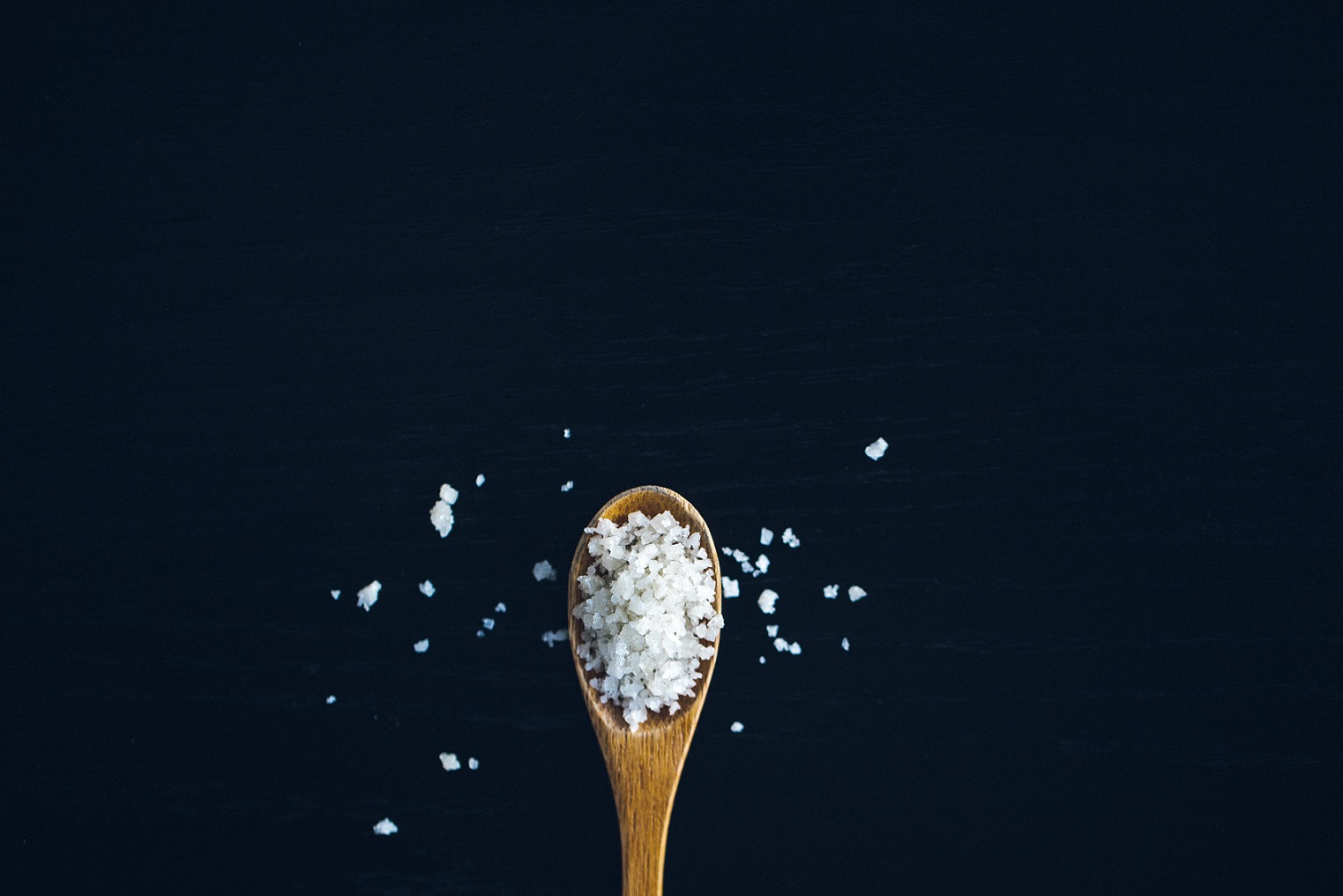High sodium diets are the staple of western culture. Between fast food meals and packaged products at the supermarket, the amount of sodium that most of us consume is way above the daily recommended limit. But what is the relationship between sodium and health, and what are the benefits of reducing salt intake? Well, it turns out that minerals greatly affect our homeostasis, which is to say wellbeing, and sodium is not an exception. In this article, we will go over the benefits of low salt diet, while also expanding on the mechanics behind why sodium is detrimental to our health.

First things first, we must differentiate between salt and sodium. While the words are used interchangeably, they still represent different things. Namely, salt is a crystal-like compound that is derived from many sources that are found in nature. It also goes by the chemical name of sodium chloride. Sodium, on the other hand, is a mineral, and it is one of the chemical elements found in sodium chloride, i.e. salt.
This mineral affects the body in certain ways, and too much of it can have detrimental effects on wellbeing. But how much salt is too much?
It is advised by the Dietary Guidelines for Americans that sodium intake should not surpass 2300 mg per day. However, the American Heart Association (AHA) sets the bar even lower, at 1500 mg daily. Therefore, in order to notice the benefits of a low salt diet, one must aim at reducing salt intake at about 1500 mg per day.
Now that we know the recommended daily salt intake, let’s go over the benefits of low sodium diet.
Benefits of reducing salt intake

The health benefits of reducing salt intake are significant in cases where the reduction is greater. Nonetheless, lowering your sodium intake even slightly will have compound effects on the long run.
The damage of high sodium intake takes time to manifest, so in a sense the reverse is also true. It should take about several days before you notice any improvement, and even longer when you start with a lower sodium intake baseline.
But what are the benefits of reduced salt intake?
Lowered blood pressure
Sodium is responsible for greater fluid retention, which negatively affects blood pressure. Cutting back on your salt intake, therefore, can normalize your blood pressure, and solve any underlying problems associated with hypertension. Lowering your blood pressure, you also lower your risk of stroke and heart disease.
Healthy kidneys
Greater fluid retention, overtime, can negatively affect the kidneys. For this reason, it is important to keep sodium intake in check, hydrate regularly, and urinate whenever you feel the urge, without unnecessary delays.
Lower risk of stomach cancer
Excessive salt intake can easily damage the mucosal lining of the stomach, and many of the inflammatory markers associated with cancer. Too much salt can also promote the growth of the bacteria H. Pylori, which is associated with increased risk of stomach cancer.
Reduced tinnitus
Ringing in the ears can also be affected by high salt and high sugar diets, and for those who experience this problem, the sound can be exacerbated after a very salty or sweet meal. Therefore, the benefits of reducing salt in your diet are not always immediate, as a response to an acute problem, but also indirect, as a form of prevention.
Reduced anxiety
High salt intake is linked to high levels of adrenaline, which is directly correlated with a range of anxiety symptoms. For this reason, it is wise to reduce dietary sodium in order to see whether or not your anxiety symptoms might improve.
Low sodium foods
Sodium is present in most packaged dietary products, so it is impossible to lower our sodium intake just by paying attention to added salt. Instead, you should watch more carefully at food labels, and decide accordingly whenever you pick a product from the shelf. Aim for sodium content that does not exceed 1-1.5% as listed on the nutrition label. You can also look for useful labels such as sodium-free and very low sodium. They represent less than 5mg of sodium per serving and less than 35mg of sodium per serving, respectively.

One strategy is to increase your fruit and vegetable intake, as both of these food categories are virtually sodium-free.
Additionally, as sodium and potassium counter interact, it is also beneficial to slightly increase your potassium intake, by consuming foods such as banana, pumpkin, potato, dried fruit, and spinach.
As for low sodium snacks, you can roast vegetables, crack some walnuts, or try some of the potassium rich foods such as banana or dried fruits. The more you lower your sodium intake, the faster you will be able to discharge fluid, so expect vegetables to have a much greater effect on urination frequency. All in all, you will feel lighter, less bloated, and therefore more energetic.
As you retain less water, it will be easier to exercise, and you will be able to see results much faster. This is also why many fitness programs and weight loss guidelines recommend that you pay attention to salt intake.
Conclusion – benefits of reducing salt intake
While most people won’t notice an instant improvement of their health right away, it is very important to realize that reduced salt intake can lead to some serious health improvements over time. It make take a week or two before acute problems such as hypertension start to reside, but even beyond that, your future self will thank your decision to cut back on salt, as it has a ton of preventative implications. The benefits of reducing salt intake can be life-saving for many, so it is very important to make a consideration sooner rather than later.